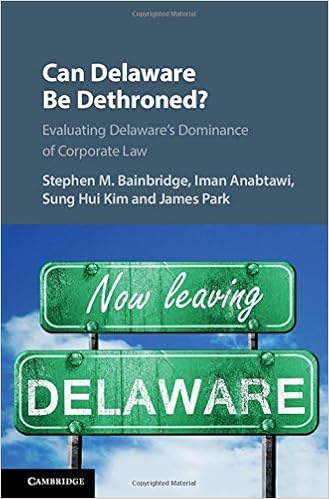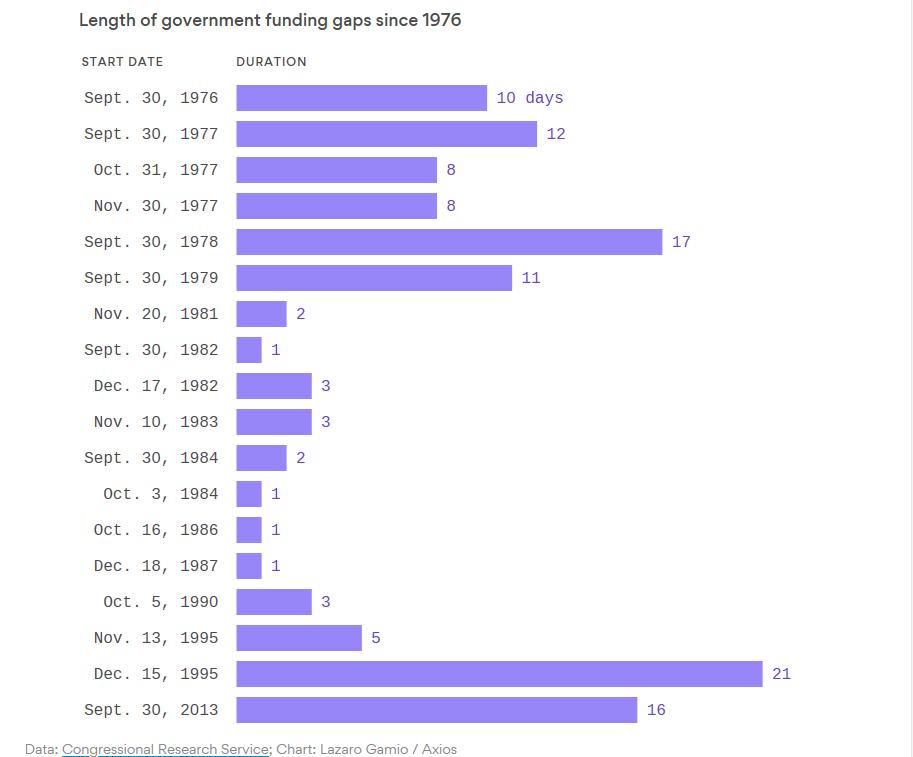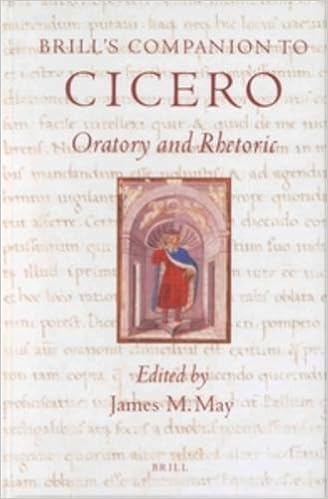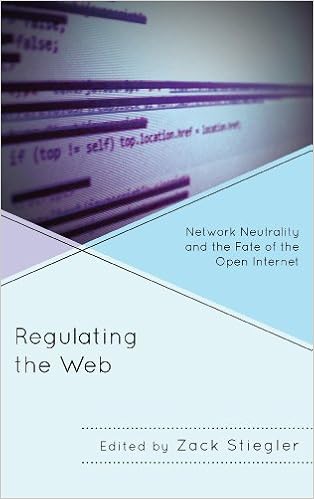The US Congress, by Public Law 100-9, designated the month of March 1987, as “Women’s History Month”. This law requested the President to issue a proclamation calling on the American people to observe this month with appropriate activities. President Reagan then issued Presidential Proclamation 5619 proclaiming March 1987 as “Women’s History Month”. Since then, Presidential Proclamations have declared March as Women’s History Month.
Brooklyn Law School celebrates Women’s History Month by recognizing Amelia Dietrich Lewis, Class of 1924, as “one of the most tenacious lawyers the state of Arizona has ever seen.” She was a graduate of St. Lawrence University School of Law (now Brooklyn Law School). She exhibited her moxie early in her career, even before she was sworn in as an attorney. Although Lewis was scheduled to take the bar exam on June 24, 1924, she learned that the New York Bar prohibited candidates under the age of 21. In Lewis’s case, she was to turn 21 the very next day, on June 25. Facing this technicality, she filed suit against the Bar, arguing she would be 21 on the 24th because her birthday was actually the first day of her 22nd year.” She was successful in her suit and took the exam as planned on the 24th and passed. After practicing law in New York for 33 years, in 1957 following the death of her husband, she moved to Arizona. She took the bar examination in that state with just one other woman, Sandra Day O’Conner. There, she worked as a prosecutor for six years and then maintained a thriving solo practice, concentrating in elder law in Sun City. She was well into her eighties when she retired.
Lewis is best known for her involvement in the landmark 1967 Supreme Court case, In re Gault, 387 U.S. 1 (1967), which brought due process to juvenile courts across the nation. Her client, Gerald Gault, had been sentenced without legal counsel to an Arizona reformatory. He allegedly made an obscene phone call to a neighbor, was arrested by local police, and tried in a proceeding that did not require his accuser’s testimony. He was sentenced to six years in a juvenile “boot camp” for an offense that would have cost an adult only two months. Lewis assumed the role of co-counsel after Gault’s appeals at the lower level were exhausted. She was drawn to the case because she had raised three healthy sons and “wanted to give something back.” Ultimately, the defense of the boy prevailed, with the Court holding that he was entitled to the same constitutional safeguards as adults: a trial by jury, the right to legal counsel, the right to cross-examine witnesses, and the right to remain silent. Justice Fortas in his 8-1 majority opinion wrote: “Neither the 14th Amendment nor the Bill of Rights is for adults only. Under the Constitution, the condition of being a boy does not justify a kangaroo court.”
Lewis was recognized by the Arizona Republic as one of the legal greats of that state. In 1988, she received the first Amicus Award of the Association of Trial Lawyers of America, which honored her for pioneering the vital role of women in the legal profession. Upon her death in 1994, the Chief Justice of the Arizona Supreme Court commented: “She made history for the law in many ways. Her life and career epitomized the practice of law as it should be.”
 The Brooklyn Law School Library has in its collection The Constitutional Rights of Children: In re Gault and Juvenile Justice by David S. Tanenhaus (Call No. KF228.G377 T36 2017). This new edition includes expanded coverage of the Roberts Court’s juvenile justice decisions including Miller v. Alabama (in which the Court held that mandatory sentences of life without the possibility of parole are unconstitutional for juvenile offenders) and explains how disregard for children’s constitutional rights led to the “Kids for Cash” scandal in Pennsylvania. Widely celebrated as the most important children’s rights case of the twentieth century, Gault affirmed that children have the same rights as adults and formally incorporated the Fourteenth Amendment’s due process protections into the administration of the nation’s juvenile courts.
The Brooklyn Law School Library has in its collection The Constitutional Rights of Children: In re Gault and Juvenile Justice by David S. Tanenhaus (Call No. KF228.G377 T36 2017). This new edition includes expanded coverage of the Roberts Court’s juvenile justice decisions including Miller v. Alabama (in which the Court held that mandatory sentences of life without the possibility of parole are unconstitutional for juvenile offenders) and explains how disregard for children’s constitutional rights led to the “Kids for Cash” scandal in Pennsylvania. Widely celebrated as the most important children’s rights case of the twentieth century, Gault affirmed that children have the same rights as adults and formally incorporated the Fourteenth Amendment’s due process protections into the administration of the nation’s juvenile courts.


 Among the February 1, 2017
Among the February 1, 2017  The right of same-sex couples to marry triggered decades of intense conflict before the U.S. Supreme Court upheld it in the 2015 decision
The right of same-sex couples to marry triggered decades of intense conflict before the U.S. Supreme Court upheld it in the 2015 decision 


 When Cicero was attacking the corrupt governor Gaius Verres (see Brooklyn Law School Library’s 2011 e-book
When Cicero was attacking the corrupt governor Gaius Verres (see Brooklyn Law School Library’s 2011 e-book  For more, see Brooklyn Law School Library’s 2002 e-book
For more, see Brooklyn Law School Library’s 2002 e-book  Brooklyn Law School Library’s e-book collection has a great title for this time of year:
Brooklyn Law School Library’s e-book collection has a great title for this time of year: 